30 April 2025
Music is much more than just an enjoyable pastime. It has the power to shape various cognitive and physical abilities, especially in children. One of its lesser-discussed yet highly beneficial impacts is on fine motor skills. Yes, you read that right—playing an instrument or engaging in musical activities can significantly enhance coordination, dexterity, and precise hand movements.
But how exactly does music contribute to fine motor development? And why is this important for children and even adults? Let's dive into the fascinating connection between music and fine motor skills.
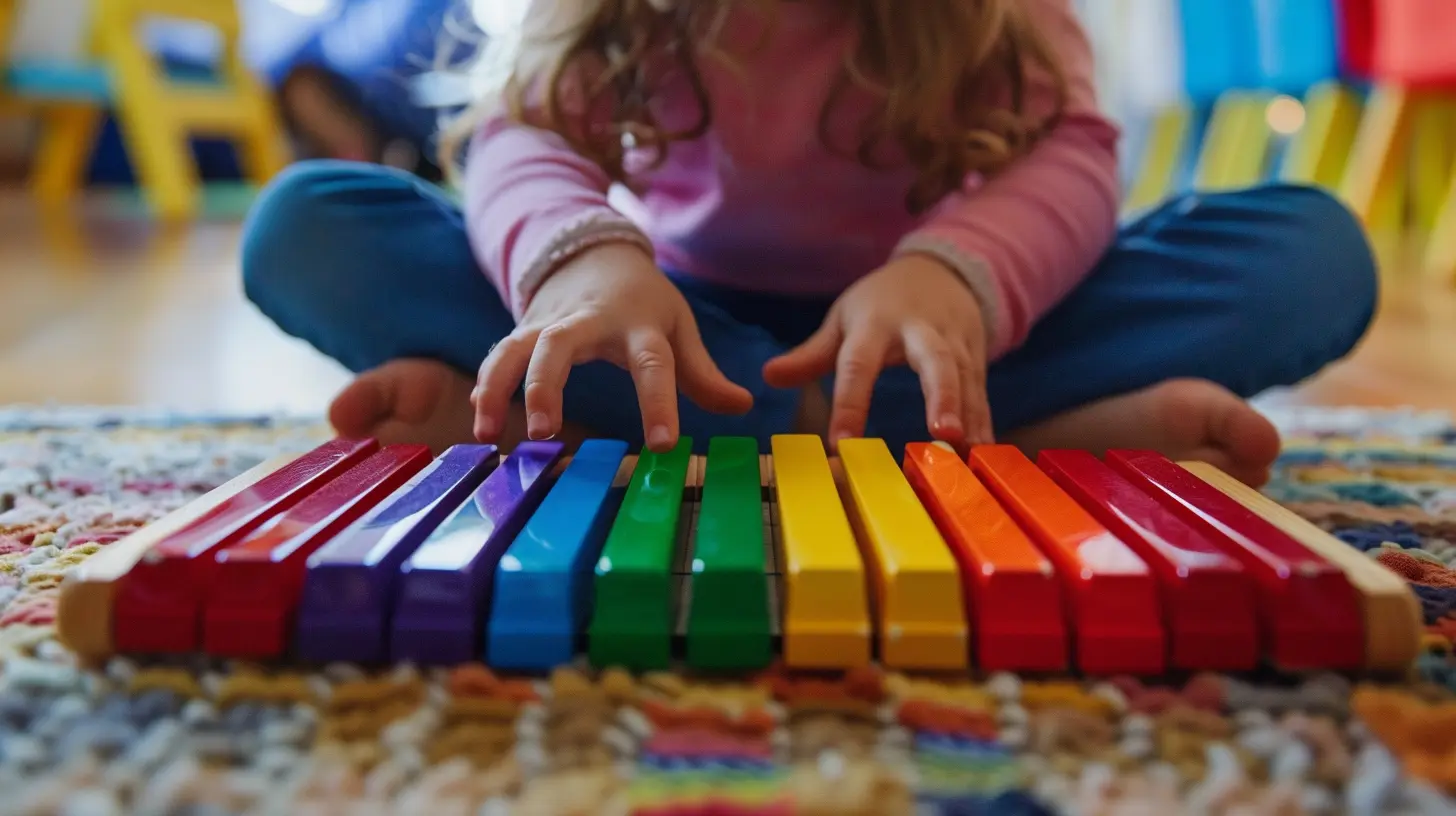
What Are Fine Motor Skills?
Before we get into the role of music, let's first understand what fine motor skills are. These are the small, precise movements we make using the muscles in our hands, fingers, and wrists.Think about simple daily activities like tying shoelaces, buttoning a shirt, or holding a pencil. These actions require excellent coordination between the brain and small muscle groups. Developing strong fine motor skills is crucial for children as they grow, and the good news is that music can play a significant role in strengthening them.

How Music Supports Fine Motor Skill Development
Musical activities require a high level of control and precision. Whether it's plucking the strings on a guitar or tapping keys on a piano, every movement enhances muscle memory and hand-eye coordination. Here’s how music helps:1. Playing Musical Instruments Enhances Hand Coordination
When children learn to play an instrument, they must coordinate multiple movements simultaneously. For example:- Piano: Each hand plays different notes, requiring independence and refined control.
- Guitar or Violin: Fingers press on strings while the other hand strums or bows.
- Drums: Different limbs must strike various drum parts in a coordinated manner.
These complex movements strengthen coordination and improve fine motor control over time.
2. Finger Exercises Improve Dexterity
Musical training involves repetitive finger movements, which makes the fingers more agile and flexible. Practicing scales, pressing keys, or plucking strings all contribute to better finger strength and dexterity—similar to a workout for the hands!3. Rhythmic Movements Boost Muscle Memory
Music is all about rhythm, and playing an instrument requires repetitive motion. This repetition helps develop muscle memory, making movements smoother and more automatic. Over time, musicians become proficient in complex finger and hand movements without consciously thinking about them.4. Hand-Eye Coordination Gets Stronger
Reading sheet music while playing an instrument engages both the eyes and hands simultaneously. This enhances hand-eye coordination, which is essential for tasks like writing, drawing, and even typing on a keyboard.5. Music Therapy Aids in Motor Skill Development
Music therapy is widely used to help children with developmental delays improve their motor skills. Simple activities like clapping, tapping to a beat, or using hand percussion instruments can encourage better control over hand and finger movements.
The Role of Music in Early Childhood Development
Music plays a crucial role in a child’s development, starting from infancy. Here’s how early exposure to music benefits fine motor skills:1. Infants and Toddlers Learn Through Music
Even before they can hold an instrument, babies naturally react to rhythms by clapping, tapping, or moving their hands. These small movements lay the groundwork for fine motor development. Simple activities like finger plays (e.g., "Itsy Bitsy Spider") help babies strengthen hand movements.2. Preschoolers Gain Better Grip and Control
As children grow, playing simple instruments like maracas, tambourines, or xylophones helps them learn grip control. Holding a mallet or shaking an instrument precisely boosts wrist and finger strength.3. School-Age Kids Improve Writing Skills
Fine motor development through music is directly linked to better handwriting skills. Research suggests that children who play musical instruments tend to have better penmanship since they have more refined motor control.
Does Singing Help with Fine Motor Skills?
While singing primarily engages vocal cords, many singing activities involve hand movements. Actions like sign language songs, clapping games, or playing with rhythm sticks while singing can enhance fine motor control. Plus, singing often goes hand-in-hand with instrument playing, amplifying its benefits.Music and Fine Motor Skills in Adults
Music isn't just for kids—it also benefits adults. Playing an instrument later in life can help maintain dexterity, strengthen hand muscles, and even slow down age-related motor skill decline. Many older adults take up piano or guitar to keep their fingers agile and energetic.Fun Musical Activities to Improve Fine Motor Skills
If you’re looking for enjoyable ways to boost fine motor skills through music, try these activities:- Finger Puppets & Nursery Rhymes: Great for toddlers to improve finger strength.
- Hand Clapping Games: Games like "Pat-a-Cake" encourage coordination.
- Playing a Keyboard or Xylophone: Easy instruments for young learners to build finger dexterity.
- String Instruments for Older Kids: Instruments like the violin or ukulele refine hand movements.
- Drumming Exercises: Helps with rhythm and bilateral coordination.
Conclusion
Music isn't just about melodies and harmonies—it’s a powerful tool for developing fine motor skills. From infants clapping along to a beat to adults learning to play an instrument, the benefits are undeniable. Whether through formal music lessons or playful activities, incorporating music into daily routines is a fun and effective way to enhance motor development.So, if you’re looking for a creative way to strengthen those tiny muscles in your hands and fingers, pick up an instrument, tap to a beat, or simply enjoy a musical game. Your fine motor skills will thank you for it!


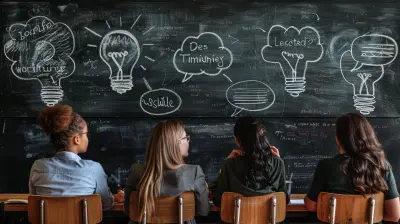
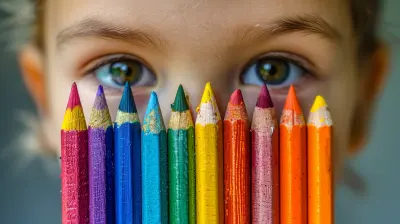
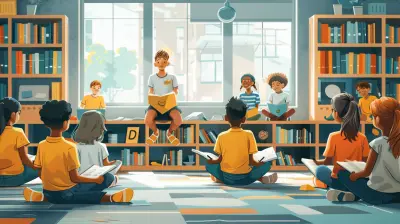
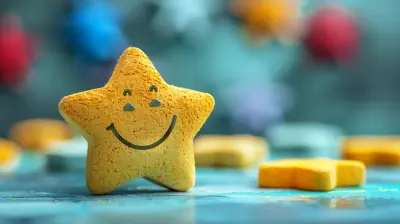



Murphy Velez
This article insightfully highlights the connection between music and fine motor skill development. It underscores how rhythm and movement in music can enhance coordination and dexterity in children, making a compelling case for incorporating musical activities into early education.
December 21, 2025 at 3:40 AM